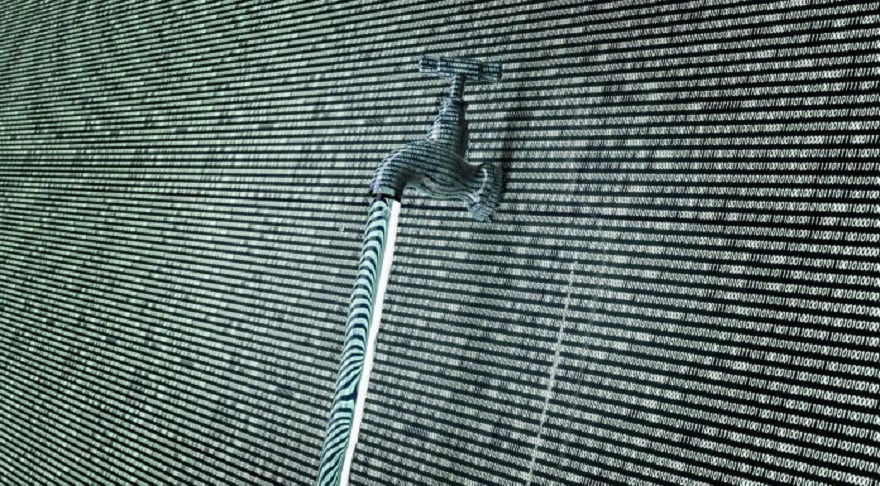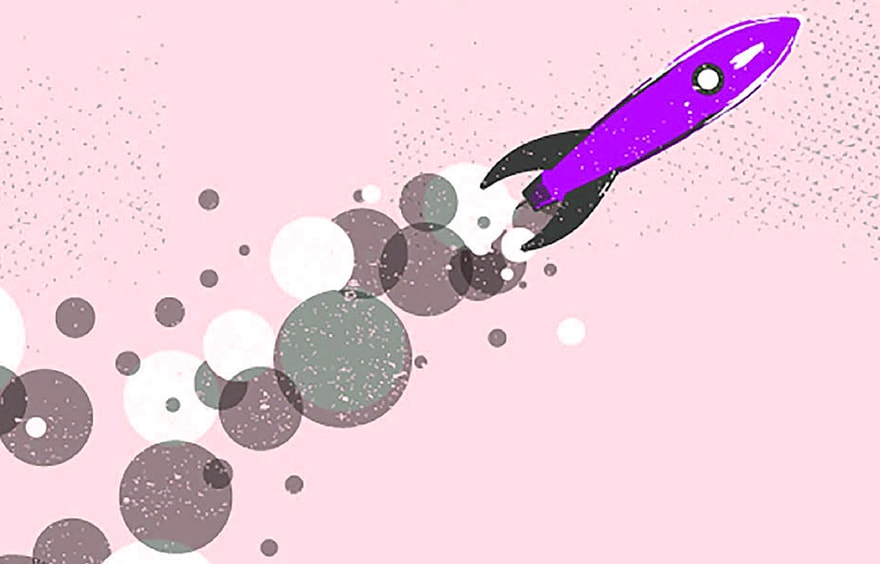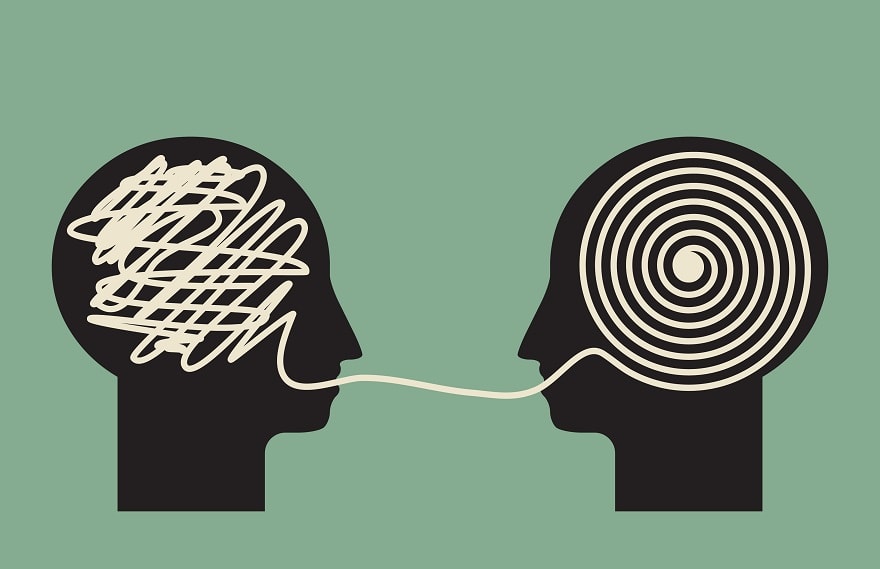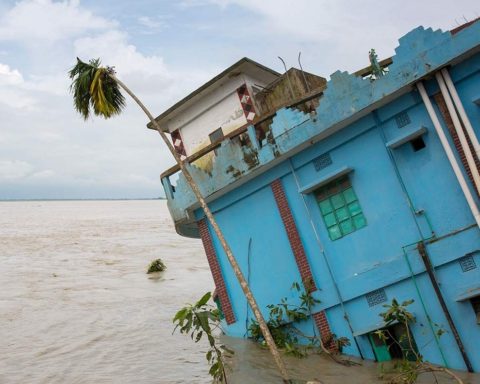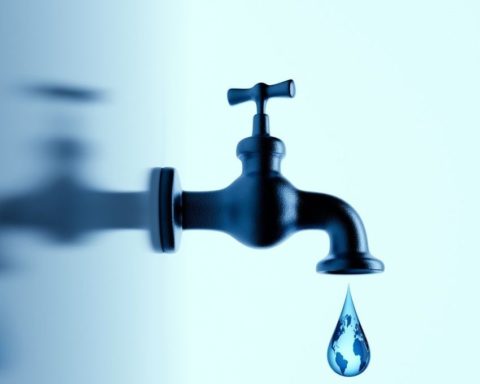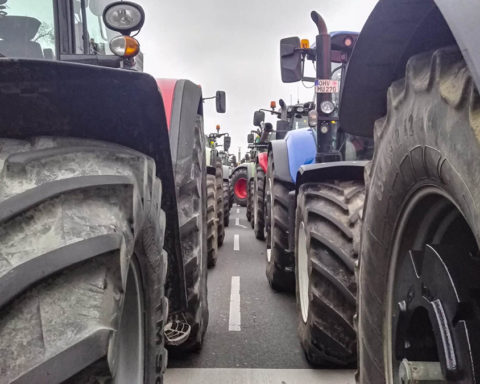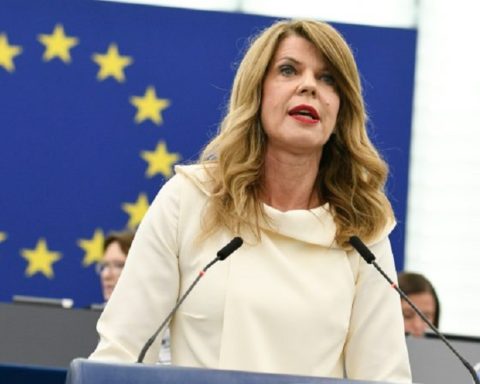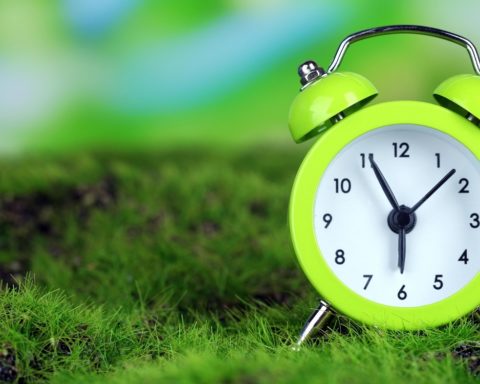" (1) Pierre Calame (2) was interested in the formulation of rules and the design of the factors that underpin production, exchange and consumption. Noting the impasse in the current economic paradigm, he demonstrated that the economy must return to its etymological meaning, " oïkos ", the home, the common house, and "nomos ", the law. To return to oeconomy is to have a broader economic vision, one that encompasses both the art of organizing the material and immaterial exchanges of human beings among themselves, of societies among themselves, and of humanity with the biosphere. Pierre Calame explores these questions in a spirit of open reflection. He demonstrates that it is possible today to ensure society's collective and democratic control of its own destiny.
It designates, according to Pierre Calame, a branch of governance whose purpose is to create stakeholders and institutional arrangements, processes and rules aimed at organizing the production, distribution and use of goods and services with a view to ensuring all possible well-being for humanity by making the most of technical capacities and human creativity, with a constant concern for the preservation and enrichment of the biosphere, for the conservation of the interests, rights and capacities for initiative of future generations and under conditions of responsibility and equity that are acceptable to all.
The desire and need to formulate another theory of economics is not new.
- This book was awarded the 2009 Limantour Prize of the Academy of Moral and Political Sciences.
- Pierre Calame, polytechnicien, civil engineer, worked for twenty years at the French Ministry of Public Works where he held various responsibilities in territorial management and central administration. He emerged convinced of the need for a radical reform of the State. After a brief stint in industry, for almost twenty years he directed an international foundation, the Charles Léopold Mayer Foundation for the Progress of Humankind, of which he is currently President.

